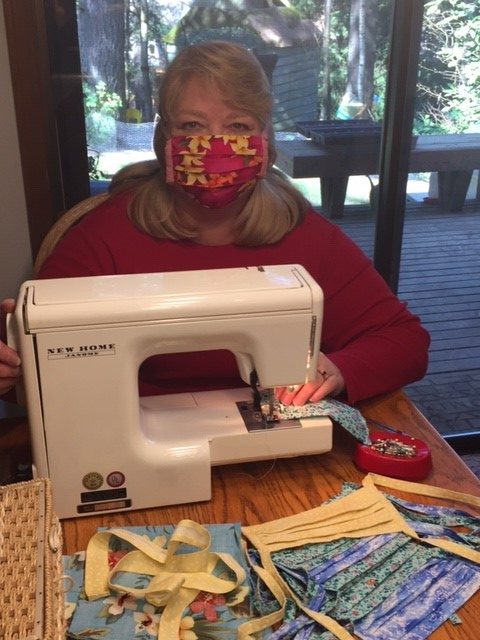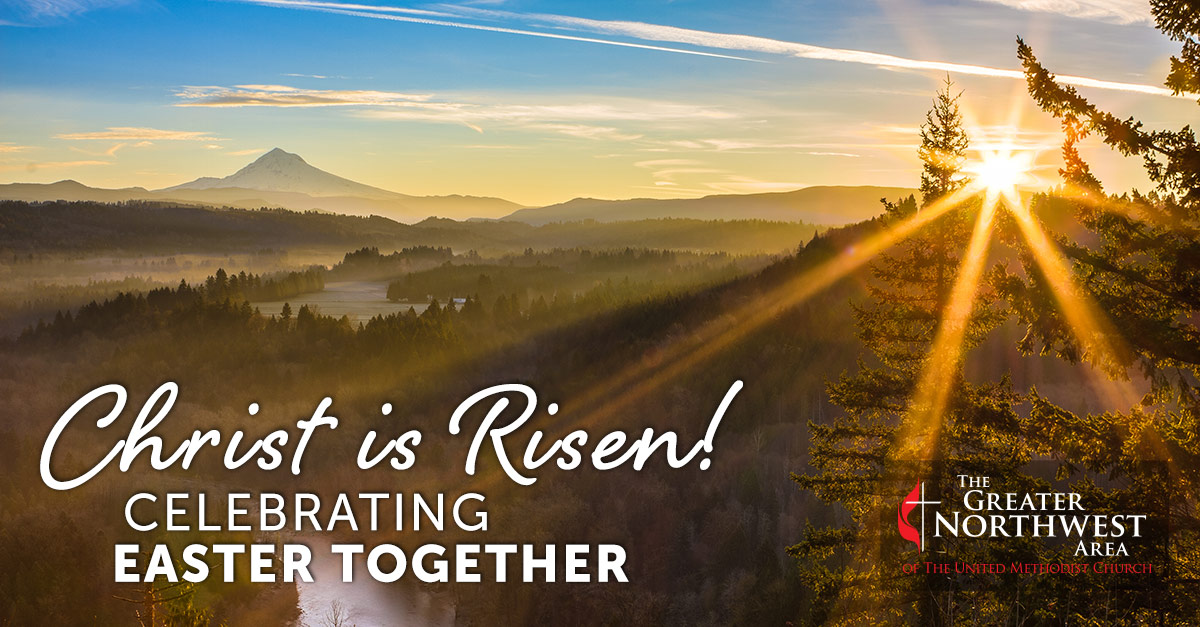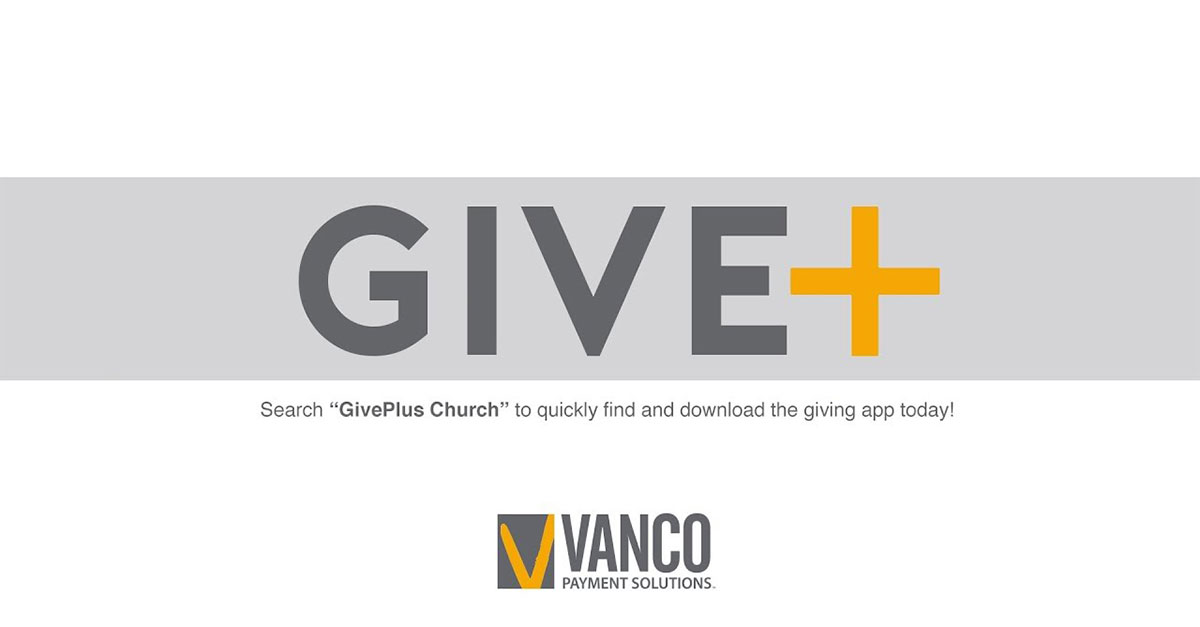Coping Resources in a pandemic lifestyle
Fear And Worry Are Normal Feelings that Many People Experience During These Difficult Times. It is particularly important to prioritize taking care of yourself. The following sections will provide simple strategies to Care for Yourself, which in turn will support your efforts to care for others.
HOW TO TAKE CARE OF YOURSELF AND FAMILY–OVERVIEWS

A toolkit from the National Child Traumatic Stress Network. Parent/Caregiver Guide to Helping Families with the Coronavirus. Helps parents and caregivers think about practical coping strategies.
California’s Surgeon General’s Playbook on Stress Relief: Provides a useful and practical approach for adults. Could be adapted for small groups.
California Surgeon General’s Playbook on Stress Relief for Caregivers and Kids Offers a useful and practical approach.
SELF-CARE AND RESILIENCE STRATEGIES
That Discomfort You Are Feeling Is Grief from Harvard Business Review Good talks about recognizing, accepting, and coping with our uncomfortable emotions.
Mental Health expert Brene Brown discusses a useful “family gap” strategy when patience is running low and frustration is high:
Simple self-care exercises for all ages to help identify emotions and self-calm.
Nurturing Hope in Difficult Times.
Self-Help Guides. Easy to use PDFs on coping with anxiety, mood swings, worry, emotional eating, loneliness. Make good handouts for small groups.
Coping with stress while in isolation.
Get Moving. Though in isolation, there are many great workout platforms to help keep energy up.
GRIEF AND LOSS RESOURCES

Stress, anxiety, and other depression-like symptoms are common reactions during and after a disaster and may compound the grief and disorientation surrounding the death of a loved one. A local Hospice provider, which offers individual and group bereavement support is a good place to begin.
That Discomfort You Are Feeling Is Grief. Good article about recognizing, accepting, and coping with our uncomfortable emotions.
You can find many helpful resources at the Center for Loss: Coronavirus And The Six Needs Of Mourning.
OTHER HELPFUL RESOURCES
- Also see GRIEF.com
- Some find on-line grief support forums helpful.
- How can you grieve without a funeral? Families make heartbreaking choices (Los Angeles Times, 3/20/20)
- Grief in the time of coronavirus: How will the way we mourn change? (The Globe and Mail, 3/21/20)
- Do This, Not That. Helping those who are grieving.
TRAUMA RESOURCES
- Understanding how pandemic crisis may trigger past crises and strategies for coping.
- Understanding Childhood Trauma. Good resource for parents, teachers, health professionals, etc.
- Healthcare Toolbox. Secondary Traumatic Stress for Healthcare Professionals. Powerpoint presentation for healthcare professionals to understand the impact of working with trauma patients.
- Coping with trauma during the pandemic.
SPECIFIC STRATEGIES FOR SUPPORTING CHILDREN AND YOUTH

Child Mind Institute: Talking to Kids About the Coronavirus. Short article on do’s and don’ts for talking with children.
APA: How to talk to Children About Difficult News. Brief article on the important points for talking with children about traumatic news.
Childhood well-being during the pandemic. Well-written article from University of Massachusetts.
Manuela Molina: COVIBOOK. Nicely written book for young children and special needs youth in multiple languages to print-out, color, and read with parents.
How to Explain Coronavirus COVID-19 to a Child with Anxiety & ADHD.
- “I’ve Been Homeschooling My ADHD Brood for Years. Here’s What I Want You to Know.” Tips from an experienced parent of an ADHD child.
Healthcare Toolbox. COVID-19 Helping My Child Cope. Brief guide for parents in multiple languages that covers the basics of emotional coping.
Parenting anxious kids during coronavirus.
Understanding the needs of teens. The article discusses disappointments teens face and how to help.
NY Times: Quaranteenagers: Strategies for Parenting in Close Quarters. Specific strategies for dealing with feelings of youth.
Toolkit for supporting individuals with autism during pandemic.
Supporting college students. Written by a college psychiatrist on how to help college students cope whether staying in an apartment or moving home for the remainder of the semester:
STIGMA REDUCTION RESOURCES

Washington Department of Health: Stigma Reduction around Coronavirus and COVID-19
King County: Anti-Stigma Resources. Discusses ways to handle discrimination and where to report it.
CDC: Stigma prevention and facts about COVID-19. Brief article discusses ways to prevent stigma.
Teaching Tolerance: How to Respond to Coronavirus Racism Short article on what to say when people use racist comments.
Don’t Let Fear Of Covid-19 Turn Into Stigma. Discusses the roots of stigma and how to overcome it.
NATIONAL HELPLINES
Trauma-Informed Telephone Support Available 24/7: The Disaster Distress Helpline, 1-800-985-5990 or text TalkWithUs to 66746: 24/7, 365-day-a-year, national hotline dedicated to providing immediate crisis counseling for people who are experiencing emotional distress related to any natural or human-caused disaster. Toll-free, multilingual, and confidential.
From The National Suicide Prevention Lifeline: A National Leader In Suicide Prevention And Mental Health Crisis Care Emotional Well-being During the COVID-19 Outbreak: Tips and Links and 24/7 Helpline
Lines For Life https://www.linesforlife.org/ Get Help NOW: 800-273-8255









